
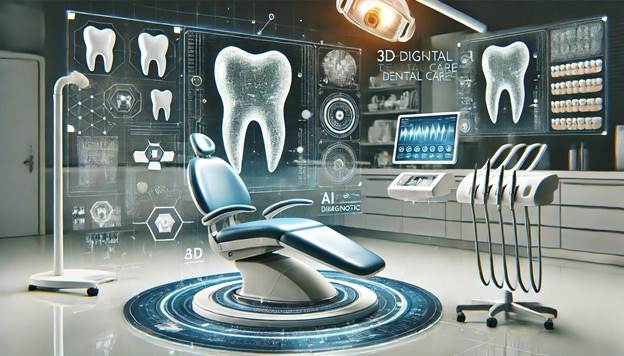
The dental industry is undergoing a profound transformation fueled by advancements in technology. From AI-driven diagnostics to virtual consultations, these innovations are reshaping patient-dentist relationships, making care more personalized, accessible, and efficient. This blog examines the trends driving this evolution, with an emphasis on how digital tools like PepCare, your referral app for doctors and patients, are at the forefront of this revolution.
1. AI and Machine Learning in Dental Diagnostics
Artificial Intelligence (AI) is revolutionizing dental diagnostics. AI-powered systems analyze radiographs with precision, identifying caries, fractures, and periodontal diseases faster and more accurately than traditional methods. Machine learning algorithms can predict treatment outcomes, enabling dentists to personalize care plans.
- Example: Deep learning models are now being used to identify oral cancers in their early stages, significantly improving prognosis.
- Impact on Patient Relationships: Patients receive faster, more accurate diagnoses, building trust and confidence in their dentist's expertise.
2. Digital Impressions and 3D Printing
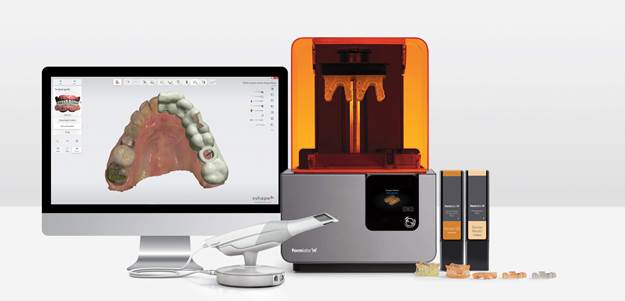
Gone are the days of uncomfortable molds. Digital impressions, captured through intraoral scanners, provide precise measurements of a patient’s oral cavity. These scans integrate seamlessly with 3D printing technology to produce crowns, bridges, and orthodontic appliances within hours.
Key Benefits:
- Reduced turnaround time for dental prosthetics.
- Enhanced patient comfort.
- Increased accuracy and fit of dental restorations.
Impact on Patient Relationships: The quick delivery of prosthetics reduces multiple visits, enhancing convenience and patient satisfaction.
3. Telehealth in Dentistry: Virtual Consultations

Telehealth platforms have gained momentum in dental care, particularly post-pandemic. Virtual consultations allow dentists to screen for issues, provide follow-up care, and educate patients about oral hygiene remotely.
Role of PepCare: Your app enables seamless communication between patients and dentists, offering a centralized platform for virtual evaluations, referrals, and interdisciplinary care.
Impact on Patient Relationships: Patients feel more connected and supported, even without an in-person visit, fostering stronger relationships and ongoing care.
4. Augmented Reality (AR) and Patient Education
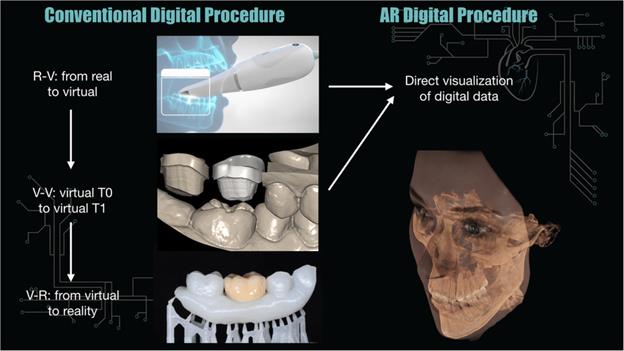
Augmented Reality is enhancing patient education by providing interactive 3D models of dental procedures. Patients can visualize treatments like root canals or implant placements, improving their understanding and comfort with proposed care.
Impact on Patient Relationships: Educated patients are more likely to trust treatment recommendations and adhere to care plans.
5. Integration of Wearable Devices for Preventive Care
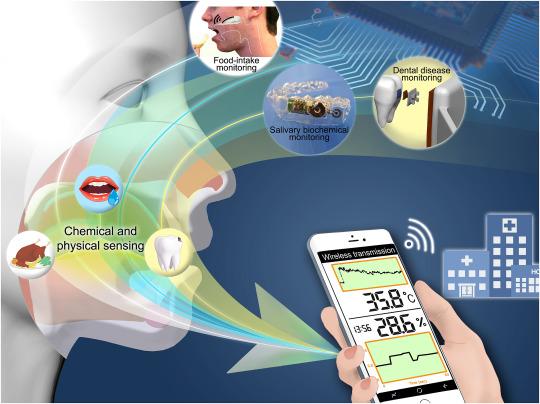
Smart dental devices, such as Bluetooth-enabled toothbrushes, track oral hygiene habits and provide real-time feedback. These tools empower patients to take a proactive role in their dental health.
Future Trends:
- Integration with apps like PepCare to share data with dentists.
- AI analysis of brushing patterns to identify risk factors early.
Impact on Patient Relationships: Dentists can engage patients more effectively by leveraging real-time data for personalized preventive care.
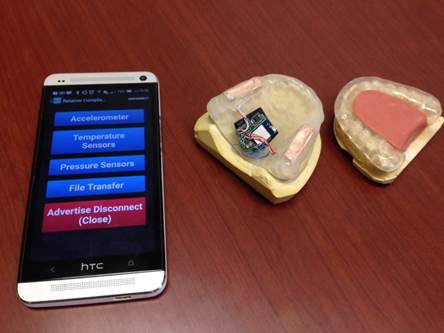
6. Blockchain for Secure Patient Records
Blockchain technology is emerging as a secure method for managing dental records. It ensures data integrity, improves interoperability across clinics, and enhances patient privacy.
Impact on Patient Relationships: Transparent and secure data management builds trust in the dentist-patient dynamic.
7. Enhanced Referral Systems with Digital Platforms
Efficient referrals are critical in interdisciplinary dental care. Tools like PepCare streamline the referral process, connecting general dentists with specialists and ensuring continuity of care.
Key Features of PepCare:
- Centralized patient and doctor communications.
- Easy tracking of referral status.
- Enhanced network-building for dental professionals.
Impact on Patient Relationships: Patients experience a seamless transition across specialists, reinforcing the perception of comprehensive and high-quality care.
8. Robotics in Dental Procedures
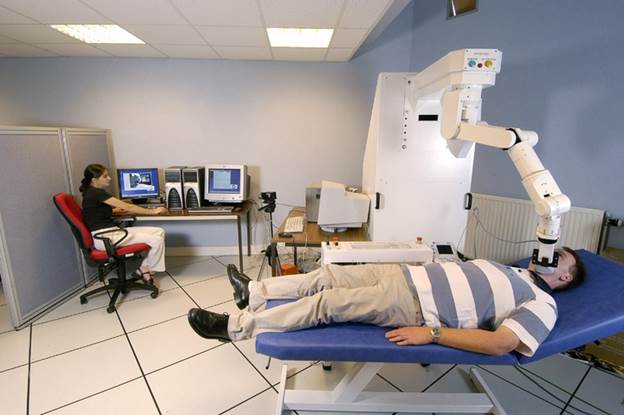
Robotic-assisted dental procedures are enhancing precision in surgeries like implant placements. These systems reduce human error and improve outcomes.
Example: Yomi, an FDA-approved robotic system, guides dentists during implant surgeries
Impact on Patient Relationships: Patients perceive robotic technology as cutting-edge, boosting confidence in treatment quality.
Challenges in Adopting New Technologies
While these innovations are transformative, they also bring challenges:
- Cost of Implementation: High costs can limit access for smaller practices.
- Learning Curve: Dentists must undergo training to effectively use new tools.
- Data Security: Managing sensitive patient information in a digital age requires robust cybersecurity measures.
Conclusion: A Tech-Driven Future for Stronger Patient Relationships
The integration of advanced technologies into dental care is not merely a trend but a paradigm shift. Digital tools like PepCare are bridging gaps in communication, improving care coordination, and enhancing the overall patient experience. As these technologies continue to evolve, they promise a future where dental care is more accessible, precise, and patient-centric.
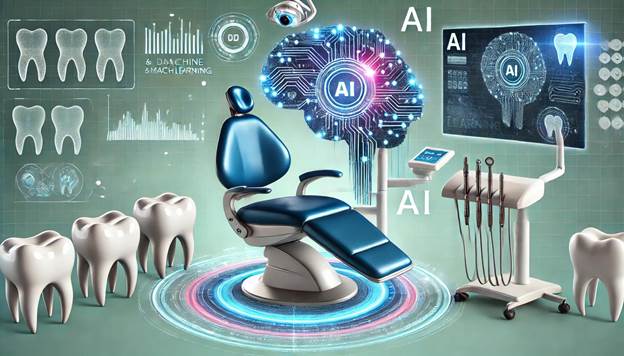
By embracing these innovations, dentists can strengthen their relationships with patients, ensuring trust, satisfaction, and long-term oral health outcomes.







